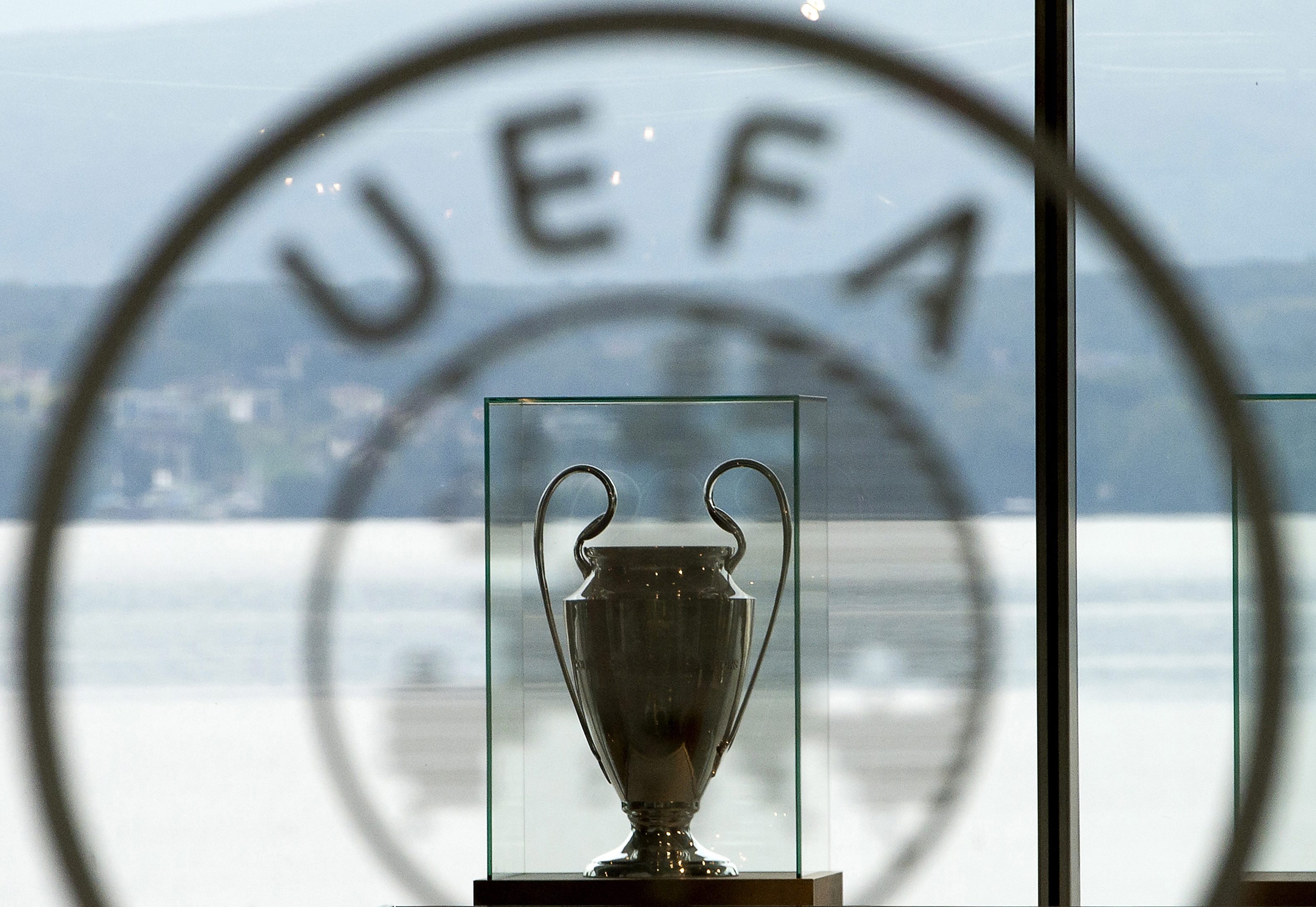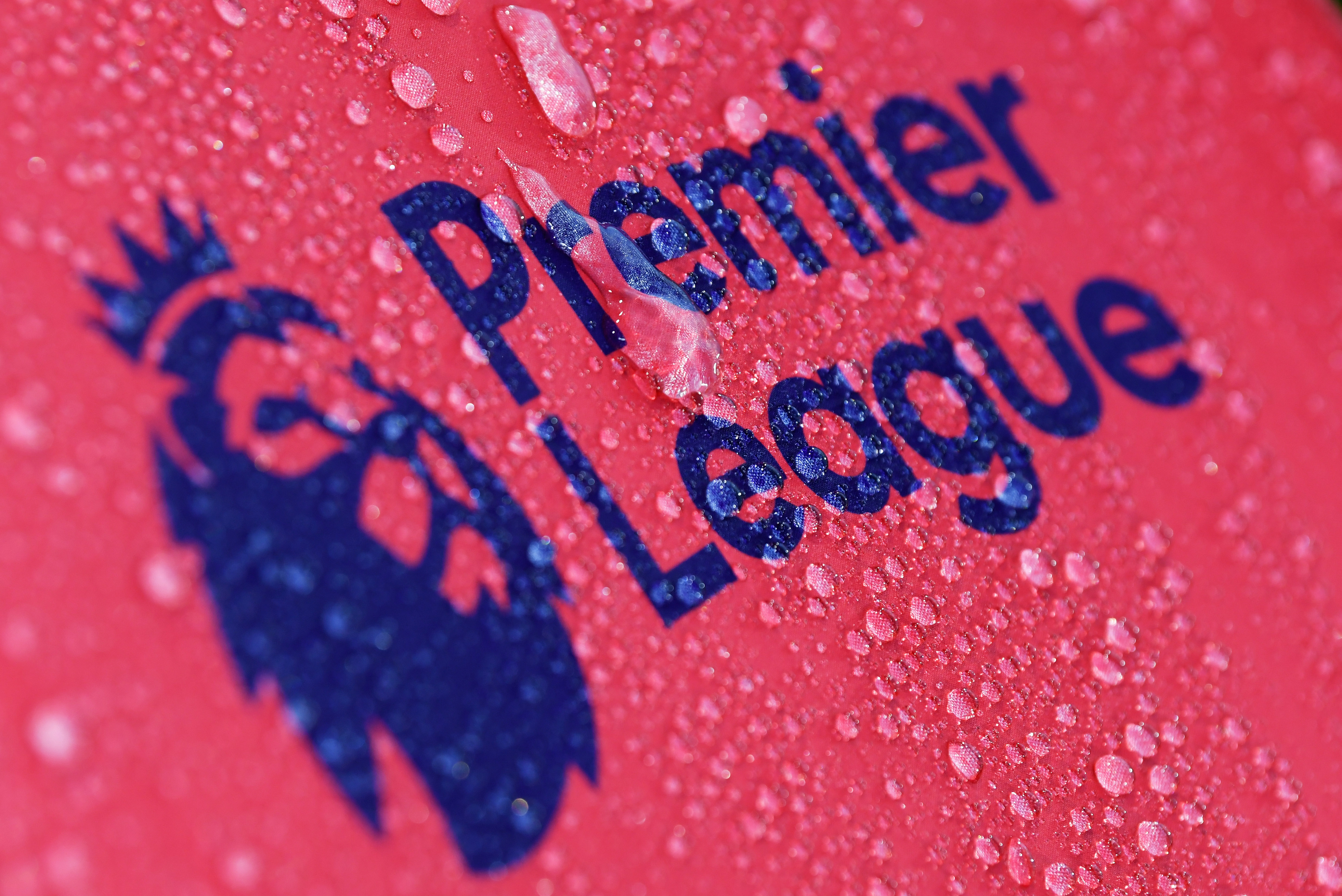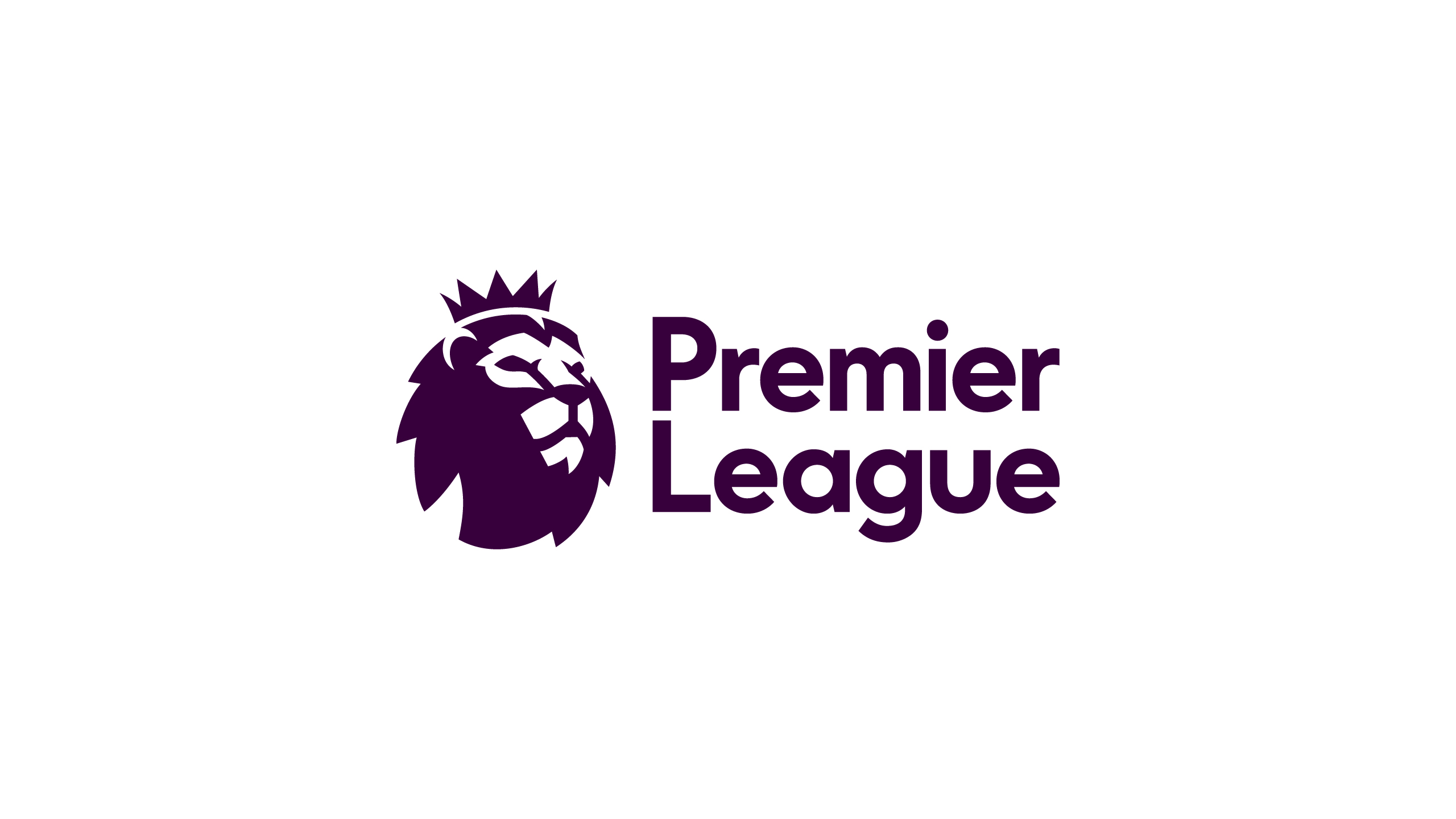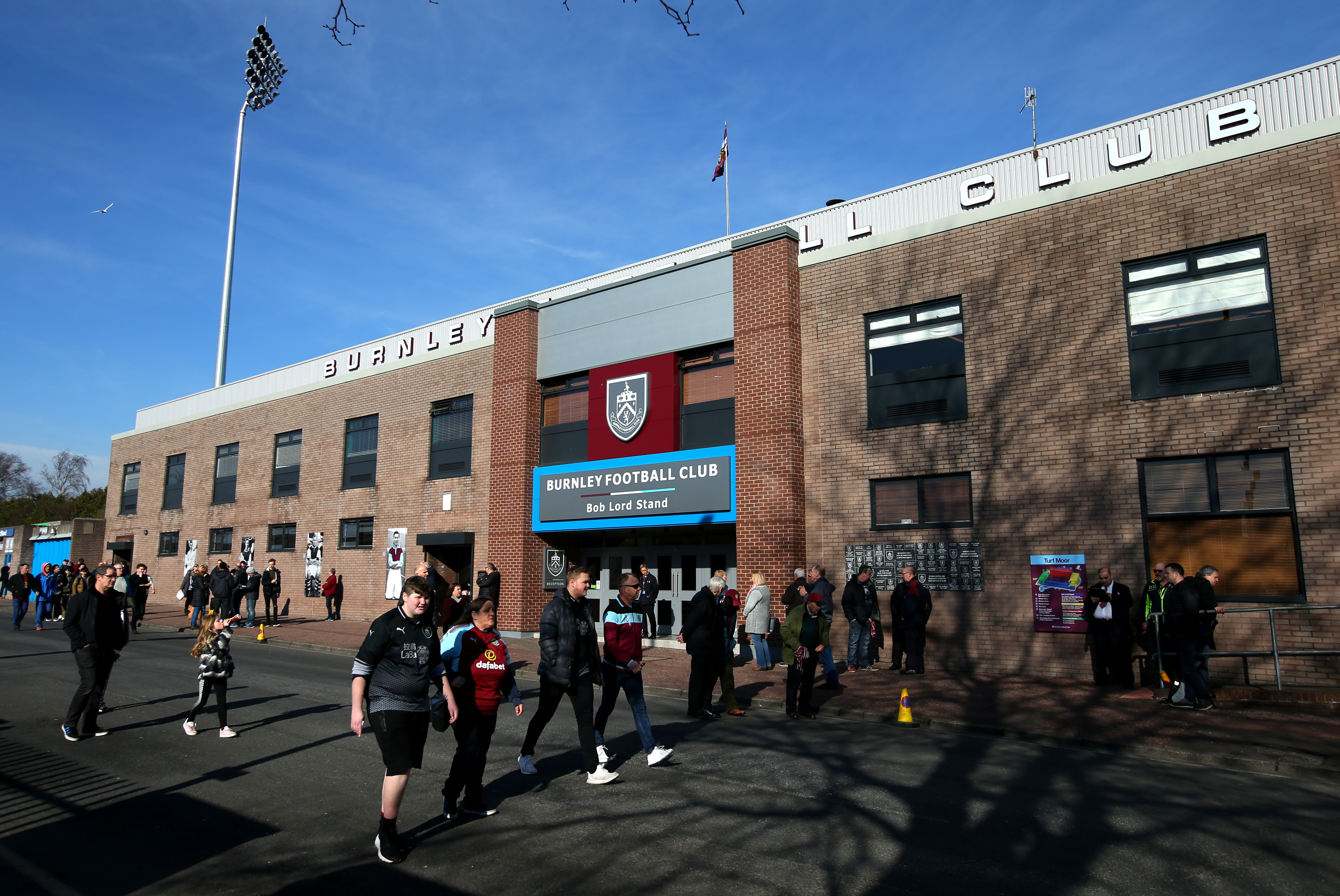The Hard Tackle explains the new UEFA Champions League model set to kickstart from the 2024/25 season onwards.
The European Super League idea from 2021 had taken European football by storm last year, as no less than twelve European giants put out a statement, citing their desire to break away from the UEFA Champions League and create their own model that safeguards some of the underperforming teams.
The ESL idea was swiftly condemned by the footballing authority, with FIFA even threatening to ban the players taking part in the ESL from international competitions. More importantly, the idea was met by fierce criticism from fans, forcing the majority of the clubs, including the likes of Arsenal and Chelsea, to retract.
The Super League idea didn’t do much favour to the participants, with the twelve clubs even being deemed as the “dirty dozen” by fans. However, the seemingly rebellious nature of the idea forced UEFA to promptly come up with the solution, and in May 2021, they announced the introduction of the new Champions League format, which is set to get underway from 2024/25 campaign.
With the European Super League debate once again resurfacing around the footballing world, it might be the perfect time for fans to get to grips with the new Champions League format, and here, at The Hard Tackle, we will explain the minute details of the desired new format of the esteemed tournament.
36 teams to participate
One of the major changes introduced in the new system is the overall number of participants. Under the current model, there are a total of 32 teams in the Champions League. But that number is set to be increased to 36, with UEFA announcing four new spots to its revered competition.

What has truly caused controversy is the way the four spots are set to be allocated. Without going back to the usual formula of churning through the best candidates from the UEFA co-efficient league ranking, the European football’s governing body has announced a new formula, with one of the spots set to be allocated to the fifth positioned league of the national association ranking.
It essentially means Ligue 1 is set to receive another spot, putting it on par with Bundesliga, Premier League, La Liga and Serie A, with each of them having four Champions League spots.
Another spot will be reserved for the team that fared well in the most recent Champions League season but would ordinarily be asked to qualify through the qualifying rounds in the following season. Ajax, for example, had reached the semi-finals of the 2018/19 campaign but had to get past two qualifying stages to reach the main stage of the 2019/20 campaign.
Two remaining spots are far more controversial than the others, as they are essentially awarded to underperforming giants of European football, more or less serving as a safety net. Indeed, the two spots will be allocated to the two highest-ranking teams from the UEFA co-efficient club ranking, who have failed to finish in the Champions League places of the previous domestic campaign but were able to land a European spot.
For example, if Manchester United fail to finish inside the top four of the Premier League this term but instead finish fifth, sixth or even seventh, they could qualify for the Champions League next season, under the new rules. It is simply because the Red Devils are currently ninth in the club co-efficient ranking, higher than any other club, excluding the ones almost destined to finish inside the top four of Europe’s five elite leagues.
Group stage abolished
If the controversial list of new participants wasn’t enough, UEFA has also decided to abolish the group stage system, in favour of one big league table, with the top four gaining automatic entry to the Round of 16 whereas the teams finishing 9th to 24th (16 in total) will clash with one another in a separate knockout round. The eight prevailing teams will enter the Round of 16, after which the competition will retain its current form.
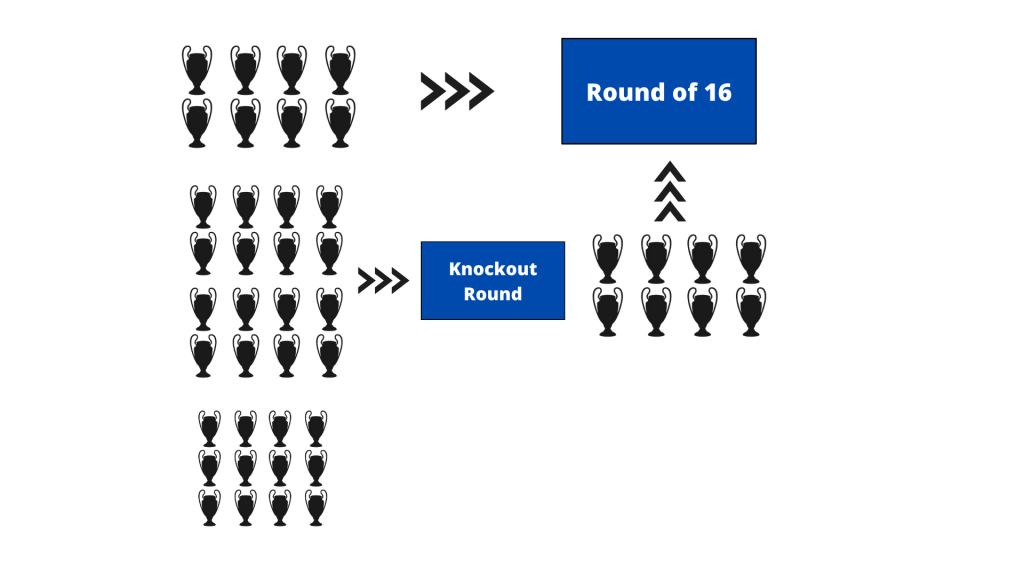
However, it is the league stage where things get complicated. Instead of playing only six games in total, each club will play ten games against ten different oppositions. Five of them will be home encounters, while five will be held at away venues. With 36 teams competition, the exact opponents of a particular team will be based under UEFA’s seeding system.
Also known as the “Swiss model”, this new system has been implemented to guarantee more games to top European clubs, which would result in increased TV revenue. Furthermore, it would give an opportunity for clubs to face an array of opposition and test their mettle against a variety of clubs across the continent, rather than facing three teams twice in the group stages.
The Swiss Model also leads to risk aversion as the current system eliminates 16 of the 32 participants after the group stage. In the new system, only twelve teams, finishing 25th to 36th, will be knocked out after the league phase.
The introduction of the league system means the bigger clubs will have more time to recover from a difficult start to a campaign while having an extra opportunity to reach the Round of 16, even if they fail to finish inside the top eight.
The positives
The new Champions League model guarantees a significant number of matches to every participant, thus increasing the revenue. It could be extremely useful for clubs like Borussia Dortmund, Ajax or Bayern Munich, who rely heavily on performance-related revenues and have no exclusive owner pumping millions into the club.
The opportunity to play an array of opponents throughout the continent is always an exciting prospect for not only players but also the fans. The new model also guarantees more blockbuster encounters and eke out the dead rubber match-ups, as every result could have a significant impact on the league standings.
The drawbacks
The new model has faced severe criticism over its implication of rewarding underperforming teams, granting them a direct entry into the competition. It could unfairly benefit inconsistent clubs like Arsenal or Tottenham while forcing smaller European clubs like Sheriff Tiraspol or BATE Borisov to play in the second-tier tournament like UEFA Europa League.
On that note, the new system should significantly reduce the chances of miracles such as Ajax reaching the semi-finals of the 2018/19 campaign or RB Leipzig reaching the same stage in 2019/20, as achieving such a feat would require a lot more consistency.
While we might still be able to witness upsets, the structure does unfairly reward the bigger teams and could make the tournament much more predictable than it already is.
